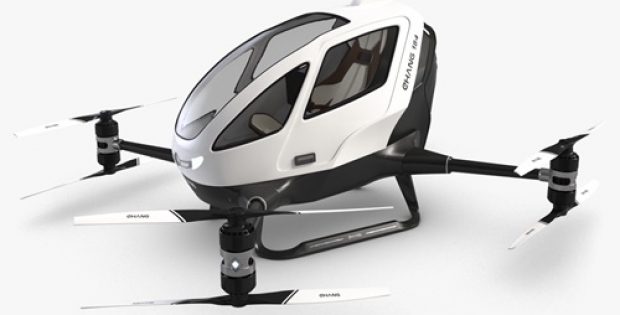Uber Technologies and Airbus SE are reportedly a part of a consortium led by the government of Japan, in order to bring forth flying cars in the nation in the next ten years. For the uninitiated, Japanese automakers are already leading the race as far as innovative design and manufacturing of self-driving cars and electric vehicles are concerned.
According to Bloomberg, the initial collaboration would consist of over twenty organizations, including ANA Holdings Inc, Boeing Co, Japan Airlines Co, NEC Corp, Toyota Motor backed startup – Cartivator, and the Yamato Holdings Co.

Sources familiar with the knowledge of the matter claim that the roadmap of this project will be drafted The Ministry of Economy, Trade and Industry & Transport Ministry this year. Delegates of all the firms plan to meet on the 29th of August to commence planning and organization.
Uber’s participation in the collaboration was confirmed by a company spokeswoman who requested anonymity. However, representatives of the Transport Ministry, NEC, Cartivator, Airbus, ANA, Yamato, JAL, and Boeing refused to comment about the deal.
Hiroshige Seko, the Economy Minister of Japan, was quoted stating that flying cars could significantly alleviate traffic congestion in urban areas, boost tourism business, and make it possible to commute to distant locations like remote islands, rocky terrains, mountains, and jungles when a catastrophic natural calamity strikes.
According to industry experts, similar to aviation technology, this technology would also go through a great deal of regulatory processes before gaining approval from authorities – perhaps, it would require several years. The flying car is required to adhere to the highest level of safety and security standards formulated by agencies, failing which the commuters might not depict whole-hearted acceptance for the flying voyage.
The Chinese government is also prioritizing aircraft technology to consolidate China’s position in the industry, claim sources.


